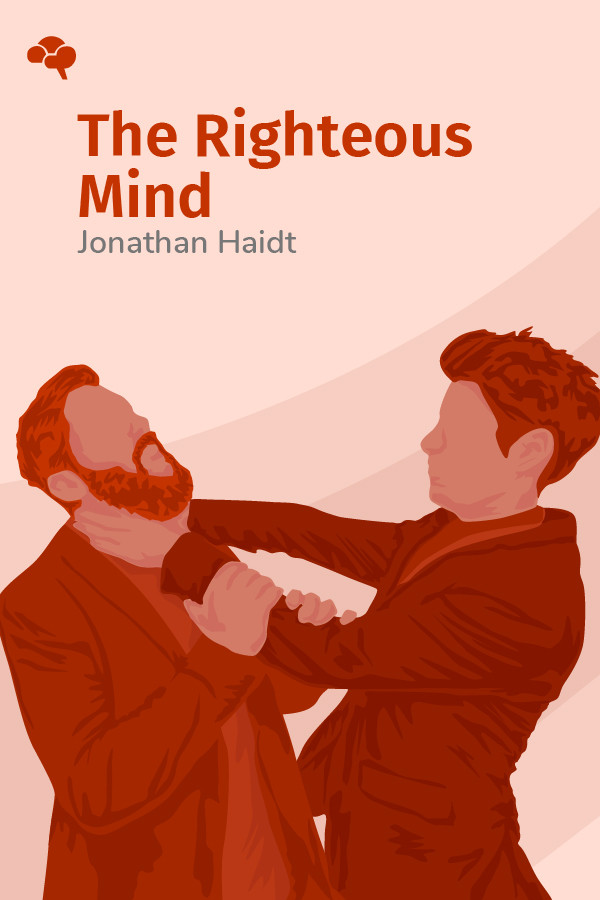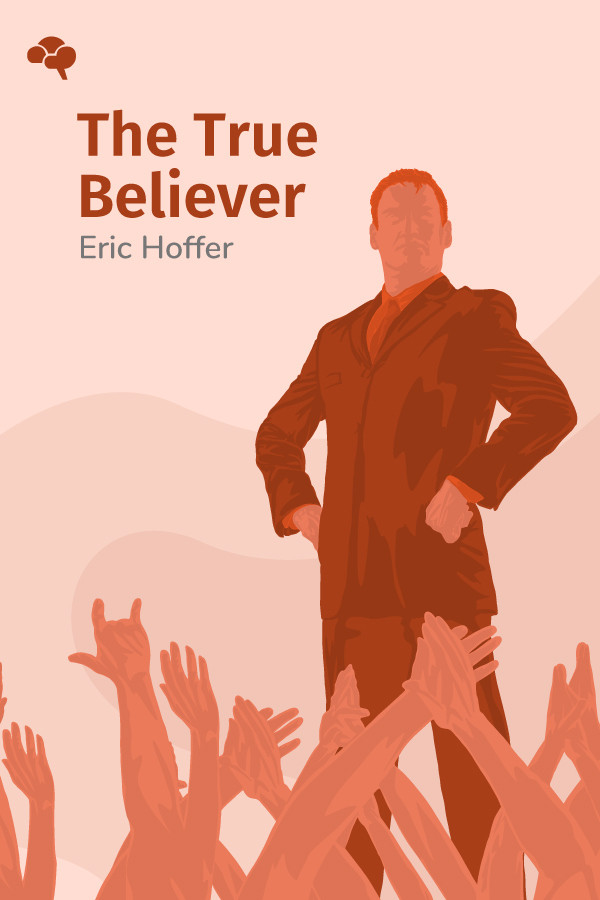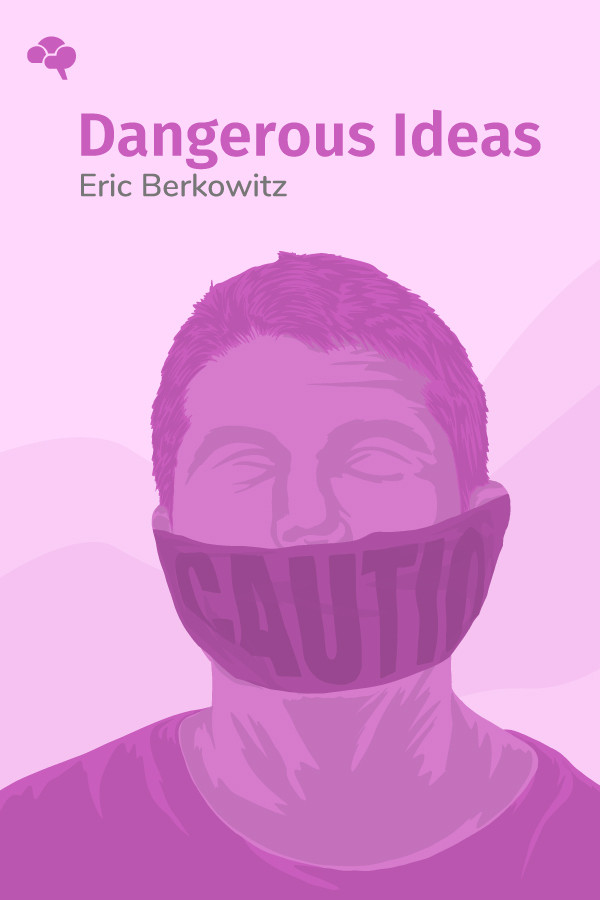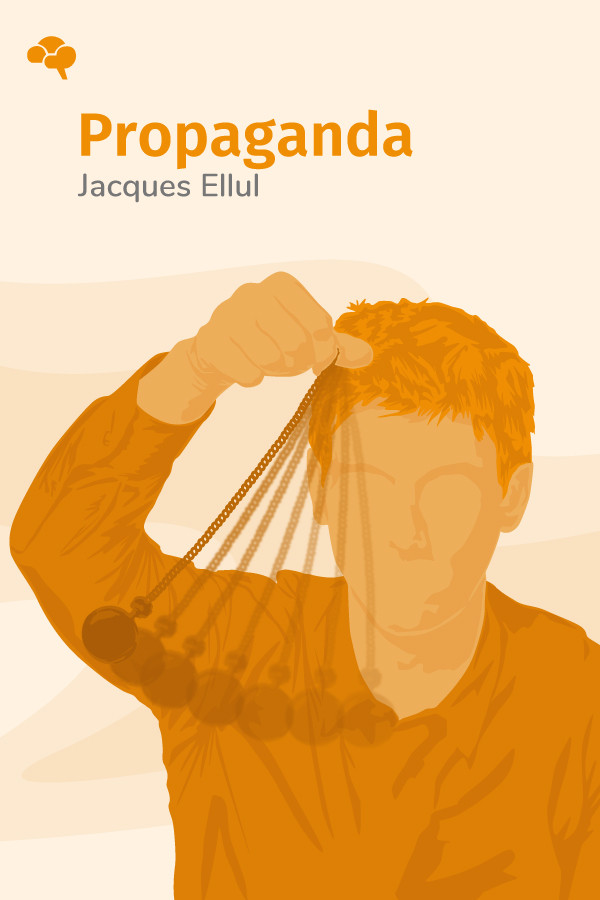
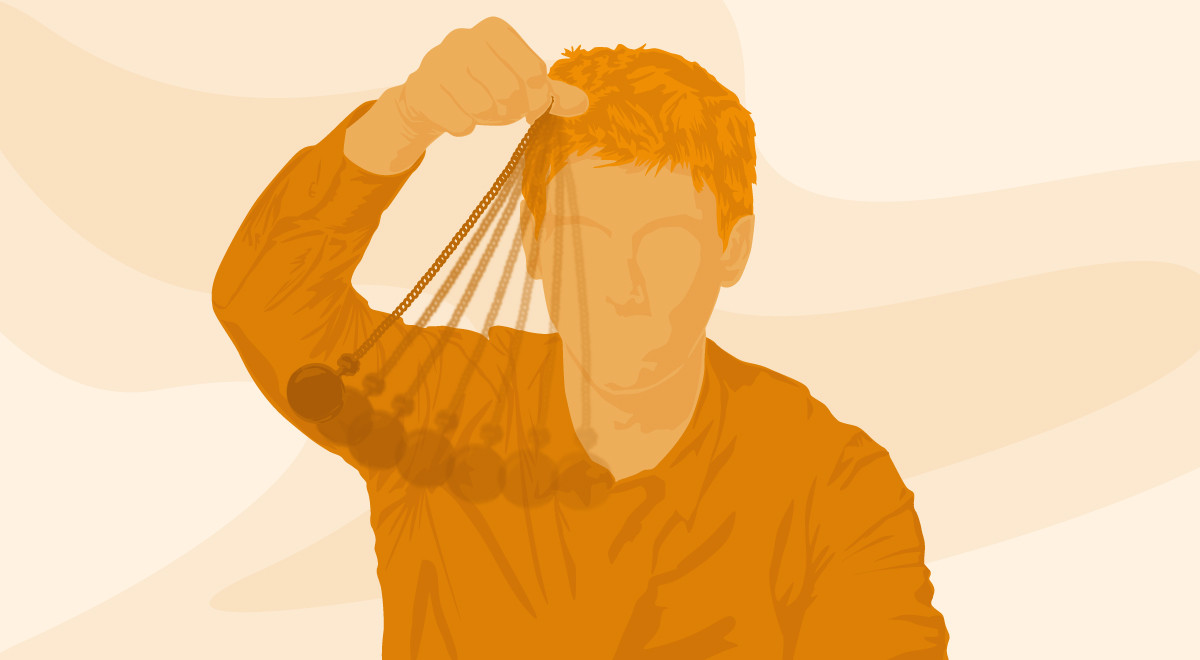
What You'll Learn:
This classic study of propaganda (first published in 1965) has only grown more pertinent and frightening with age. Unlike other works that approach propaganda from a strictly psychological perspective, social theorist Jacques Ellul approaches the topic more sociologically, with an appreciation for the interrelated systems that can cripple our thinking and manipulate our actions.
Key Insights:
- Amidst the confusion surrounding the term “propaganda,” it’s more helpful to identify general characteristics than precisely define it.
- Propaganda helps a regime reduce the social friction that technological change creates.
- For propaganda to be effective, it must keep individuals connected to the masses and constantly bombard them with all available media.
- Propaganda needs to cultivate not just orthodoxy but orthopraxy.
- The modern state cannot survive without propaganda.
